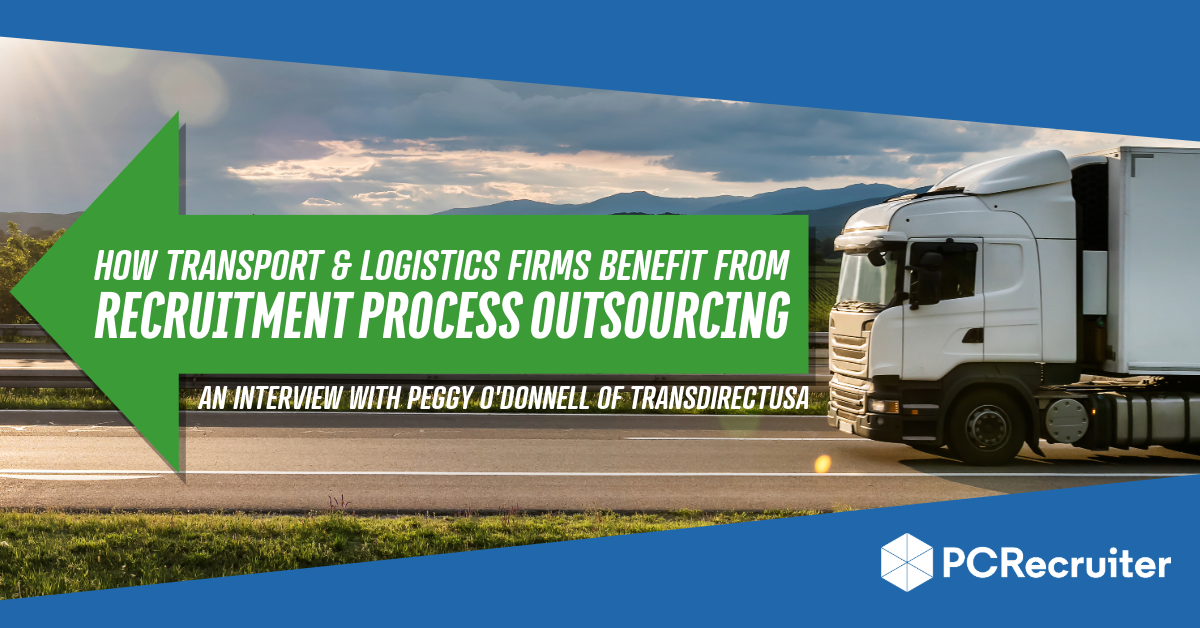What is a recruitment agency?

Before we get into the details, lets cover some basic definitions. If you’re already in the recruitment space, as a jobseeker, client, or recruiter, this may be old news. But for the uninitiated…
A recruitment agency is a firm that helps clients to source and hire suitable candidates for open job roles. Typically, agencies provide services to both employers and candidates, connecting companies with suitably qualified talent. They often help employers to fill difficult or specialized roles.
Employer Services
- Recruitment agencies assist employers in filling job vacancies by sourcing, screening, and presenting qualified candidates. This can often include finding suitable candidates who are not actively seeking a job but may be willing to move for the right opportunity.
- Agencies build their own talent pool of pre-screened candidates, saving time and effort in the hiring process.
- Some recruiters may also provide additional services such as background checks, skills assessments, and reference checks to ensure the quality of candidates.
Candidate Services
- Recruitment agencies can offer employees better opportunities that match their skills, experience, and career goals. They may provide access to roles that aren’t being publicly posted or announced.
- The recruiter is likely to have valuable insights into market trends, salary benchmarks, and industry dynamics that can help candidates make more informed decisions about their career.
- Agencies often help a candidate with resume writing, interview preparation, and other resources. They may also check in post-hire to make sure onboarding is going smoothly.
Ultimately, the recruiter is working toward success for both the candidate and the client, as its in all three parties’ best interest that the placement is a good fit.
6 Key Considerations for Starting a Recruiting Agency
There are many things to consider when starting any new business, and recruiting is no different. The best advice will come from your fellow recruiters and mentors — the best way to start recruiting is by working with and learning from someone who already knows the ropes! But to help you get started, here are six key points to take into account:
1. Business model
Your business model will largely depend on the type of recruitment you plan to do, and the industries or niches you will serve. Here’s a table of popular models to help you decide which one is most appropriate for your recruitment business:
| Agency Type | Description |
| Temporary Staffing | Commonly used during peak seasons, special projects, or covering employee absences, these agencies provide temporary employees for short-term positions. |
| Direct-Hire Placement | Focused on finding permanent employees for clients, these agencies assist employers in identifying and hiring candidates for full-time positions. They typically charge a fee per successful placement. |
| Temp-To-Hire | Taking a hybrid approach, these recruiters find candidates who work temporarily or on a short-term contract with the possibility of permanent hire. This allows employers to assess performance and fit before making a long-term commitment. |
| Executive Search | Specialists in recruiting high-level executives and senior managers in a particular industry or set of related industries. Often uses a retained search model with upfront client payment. |
| Industry-Specific | Focusing on specific industries or sectors – like healthcare or technology – these agencies possess deep industry knowledge to source candidates with relevant experience. |
| Contingency Recruitment | Working on a ‘no win, no fee’ basis, these agencies only receive payment only upon successful candidate placement. Agencies compete to fill client vacancies and typically prioritize volume. |
| Recruitment Process Outsourcing (RPO) | Offering comprehensive services, these providers cover all or part of the outsourced recruitment process, acting as an extension of the client’s HR department. |
2. Niche and value proposition
For seasoned pros, the specific niche or industry where they have the most expertise is a good place to start. It’s not advisable to switch sectors while starting a new agency at the same time, especially if you have an existing network of contacts and talent pool to draw upon.
For newcomers, it’s important to pick an industry where you have relevant employment experience. If you previously worked in IT, you might specialize in helping companies to recruit software developers, for example. You might also spot an opportunity in a particular sector, job function, or geographic area.
Alongside your chosen niche is your agency’s value proposition. What will set you apart from competitors? It could be many things: specialized knowledge, personalized service, or innovative recruitment techniques. Whatever it is, make sure potential clients understand why they should choose your agency over another.
3. Talent cultivation
Irrespective of your recruiting experience, it’s imperative that you leverage your existing network of contacts in the industry. Reach out to former clients, colleagues, and industry professionals who can provide referrals or support.
Attending networking events, industry conferences, and trade shows will help expand your network further. The strong relationships you build will be crucial for growing your client base, and building your private talent pool of passive candidates.
4. Recruiting roadmap
All businesses need a comprehensive business plan. It’s essential, especially when you’re applying for funding from a bank or investor. A well-defined plan will serve as a roadmap for your business, and help you stay focused on your objectives.
Ensure your business plan outlines your agency’s goals, target market, financial projections, and marketing strategies. Consider factors such as startup costs, revenue streams, pricing structure, and scalability.
Be realistic about your financial projections and budget accordingly. Recruiting may not be a steady income stream, especially at the start, so planning ahead and saving up for leaner times will be important.
5. Strong relationships
Recruitment is a people business. Building strong relationships with clients is essential for long-term success. Listen to their needs, provide personalized solutions, and deliver exceptional service.
Clients will appreciate regular communication – whether by phone call, text, or email – to stay updated on candidate progress. You may want to keep an active profile on social media, a blog, or newsletter to illustrate your industry expertise.
Candidate experience is also important. A positive candidate experience not only reflects well on your agency, but also increases the likelihood of referrals and repeat business. Keep in mind that the person you place today may be the one who reaches out to you about filling a role next year.
6. Tech stack
Grow your business by embracing digital marketing strategies such as social media, email campaigns, and job description SEO to increase your agency’s visibility and attract clients and candidates.
Invest in recruitment software and tools to streamline your processes and improve efficiency. Applicant Tracking Systems (ATS), recruitment CRM software, and job boards can help you manage candidate pipelines, keep track of all your interactions, and help you fill and maintain your own private talent pool.
The best recruitment agency software
We’re biased, of course, but we recommend PCRecruiter for any new agency. Our hybrid of applicant tracking and candidate management tools have helped countless small recruiting firms. And with scalability and customization, the system will grow with you as your agency thrives.
From powerful sequencing to secure data storage, PCRecruiter makes your day-to-day easier, taking the repetitive off tasks off your mind so you can focus on the important things – like building a recruitment agency.
Explore what PCRecruiter can do for your agency with a free demo from one of our experts. Book a demo






Recent Comments